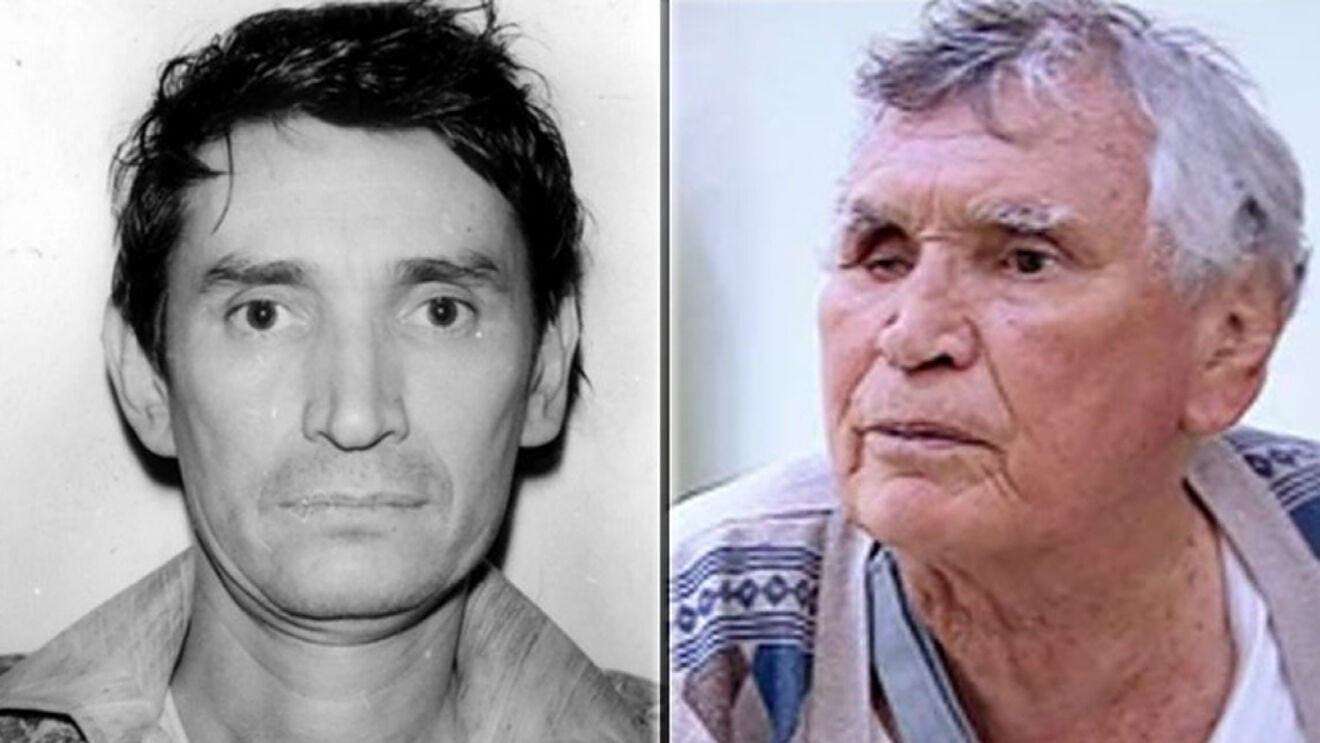Miguel Ngel Flix Gallardo: The Rise And Fall Of "El Padrino"
Could a former Sinaloa State Police officer, born in 1946, truly become one of the most notorious figures in the history of Mexican drug trafficking? The life of Miguel ngel Flix Gallardo, known by aliases like "El Jefe de Jefes" (The Boss of Bosses) and "El Padrino" (The Godfather), is a testament to the power and brutality that defined the rise of the Guadalajara Cartel and the modern Mexican drug trade.
Born on January 8, 1946, in Culiacn, Sinaloa, Mexico, Flix Gallardo's journey from law enforcement to the apex of organized crime is a study in ambition and ruthlessness. He is widely recognized as the founder of the Guadalajara Cartel, which, during its reign in the 1980s, controlled a vast network of drug trafficking operations throughout Mexico and along the crucial corridors bordering the United States.
The rise of Flix Gallardo coincided with a shift in the landscape of drug trafficking. He is considered the architect of the modern Mexican drug trade, transforming it from smaller-scale operations to a sophisticated, multi-billion dollar industry. His cartel, a precursor to the powerful organizations that would follow, was built on a foundation of strategic alliances, corruption, and intimidation. It was a time when bribery of law enforcement and government officials was commonplace, enabling the cartel to operate with impunity and expand its influence.
| Attribute | Details |
|---|---|
| Full Name | Miguel ngel Flix Gallardo |
| Born | January 8, 1946, Culiacn, Sinaloa, Mexico |
| Aliases | El Jefe de Jefes (The Boss of Bosses), El Padrino (The Godfather) |
| Known For | Founder of the Guadalajara Cartel, Considered the founder of the modern Mexican drug trade |
| Career Highlights | Former Sinaloa State Police officer, Mastermind behind the Guadalajara Cartel, Controlled a significant portion of drug trafficking in Mexico |
| Key Accomplishments | Established a vast drug trafficking network, Pioneered the use of sophisticated smuggling methods, Consolidated power through strategic alliances and intimidation |
| Current Status | Incarcerated in Mexico |
| Alleged Crimes | Drug trafficking, Murder (including Enrique "Kiki" Camarena), Organized crime |
| Notable Relationships | Married twice, including Mara Elvira Murillo, Associated with key figures like Rafael Caro Quintero and Ernesto Fonseca Carrillo ("Don Neto") |
| Net Worth (Estimate) | $1 billion |
| Representation in Media | Featured in the Netflix series "Narcos: Mexico," played by Diego Luna |
| Reference | Wikipedia |
The Guadalajara Cartel, under Gallardo's leadership, was a complex operation. It involved not only the importation of drugs but also the establishment of elaborate networks for distribution and money laundering. He is considered to have been a master strategist, adept at navigating the treacherous waters of the drug trade and outmaneuvering his rivals. He also understood the importance of cultivating relationships with those in power, using bribery and corruption to ensure the cartel's operations went unhindered for as long as possible.
Despite his denials in an interview with Noticias Telemundo, Flix Gallardo's name is inextricably linked to the 1985 murder of Enrique "Kiki" Camarena, a U.S. Drug Enforcement Administration (DEA) agent. Camarena's infiltration of the Guadalajara Cartel and his subsequent torture and murder, marked a turning point in the war on drugs, escalating tensions between the U.S. and Mexico. This brutal act, which Gallardo was ultimately convicted of, became a symbol of the cartel's impunity and the lengths to which it would go to protect its interests.
The fallout from Camarena's murder was swift and decisive. The U.S. government intensified its pressure on Mexico, leading to a crackdown on the Guadalajara Cartel. Although Gallardo attempted to maintain control, the damage was done. His empire began to crumble, and he was eventually arrested in 1989. The arrest of Gallardo signaled a shift in the Mexican drug trade. With his incarceration, the Guadalajara Cartel fractured, giving rise to the different factions, and the rise of new cartels like the Sinaloa Cartel and the Tijuana Cartel.
The Netflix series "Narcos: Mexico" offers a dramatized portrayal of Gallardo's life and the events surrounding the rise and fall of the Guadalajara Cartel. Played by the Mexican actor Diego Luna, Flix is depicted as a charismatic but ruthless figure who masterminded the transformation of the drug trade. While the series takes creative liberties, it provides a glimpse into the complex world Gallardo inhabited, including his personal life and his relationships with other key players in the drug trade.
Gallardo's legacy is a complex and disturbing one. He is remembered as a pioneer who transformed the Mexican drug trade into a multi-billion dollar enterprise, but also as a man whose actions fueled violence, corruption, and suffering. He represents a dark chapter in Mexican history, a time when the lines between law enforcement and organized crime blurred and the power of the cartels reached unprecedented heights. Despite being incarcerated, his influence continues to be felt in the ongoing struggle against drug trafficking in Mexico.
It is important to remember the human cost associated with the illegal drug trade. While stories like Gallardo's can be captivating, they should not overshadow the lives lost, the families destroyed, and the communities devastated by the violence and corruption that followed in the wake of the Guadalajara Cartel and the drug war.
Even though the reign of the Guadalajara Cartel is over, and Miguel ngel Flix Gallardo is behind bars, the questions surrounding his role in the drug trade, and the legacy of the cartel, continue to spark debate and reflection. The story of "El Padrino" is a grim reminder of the dark side of ambition, power, and the devastating impact of the drug war in Mexico and beyond.


